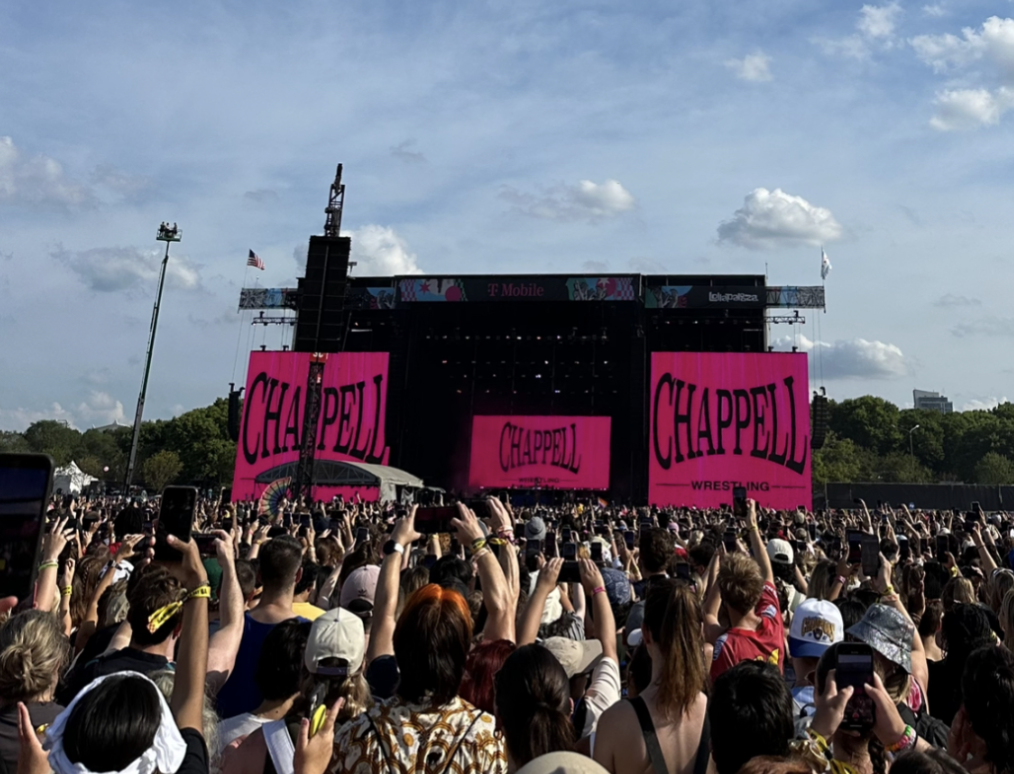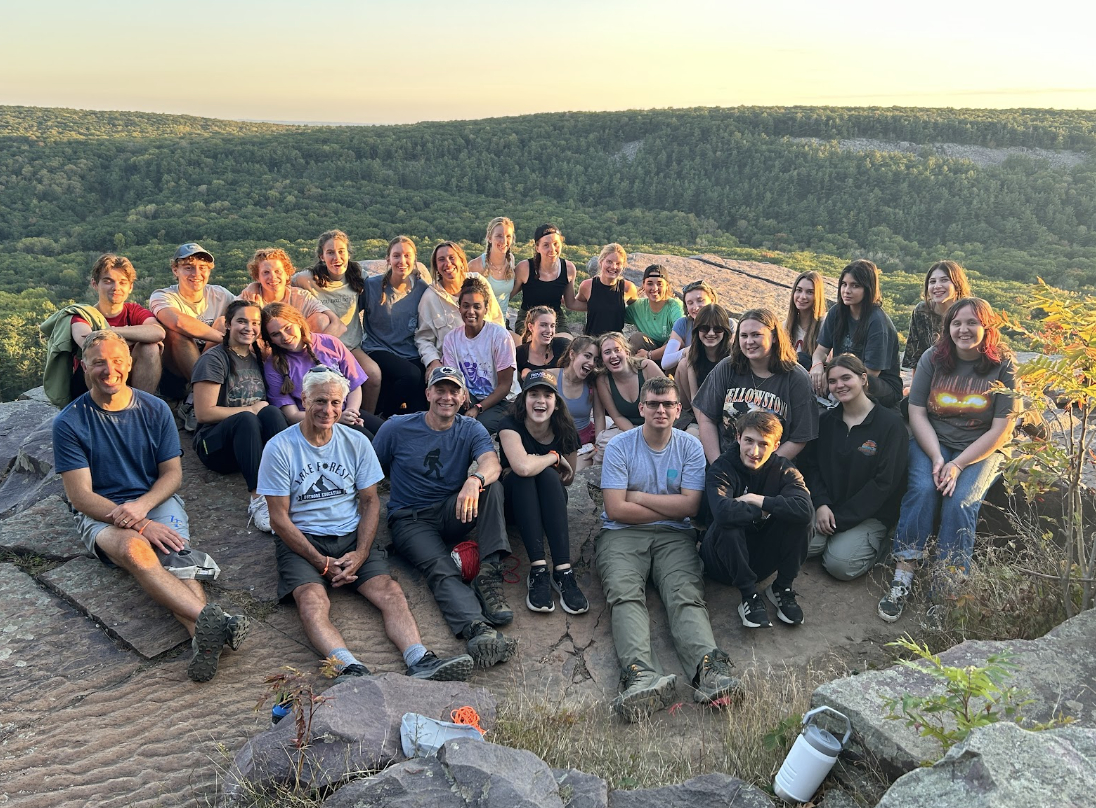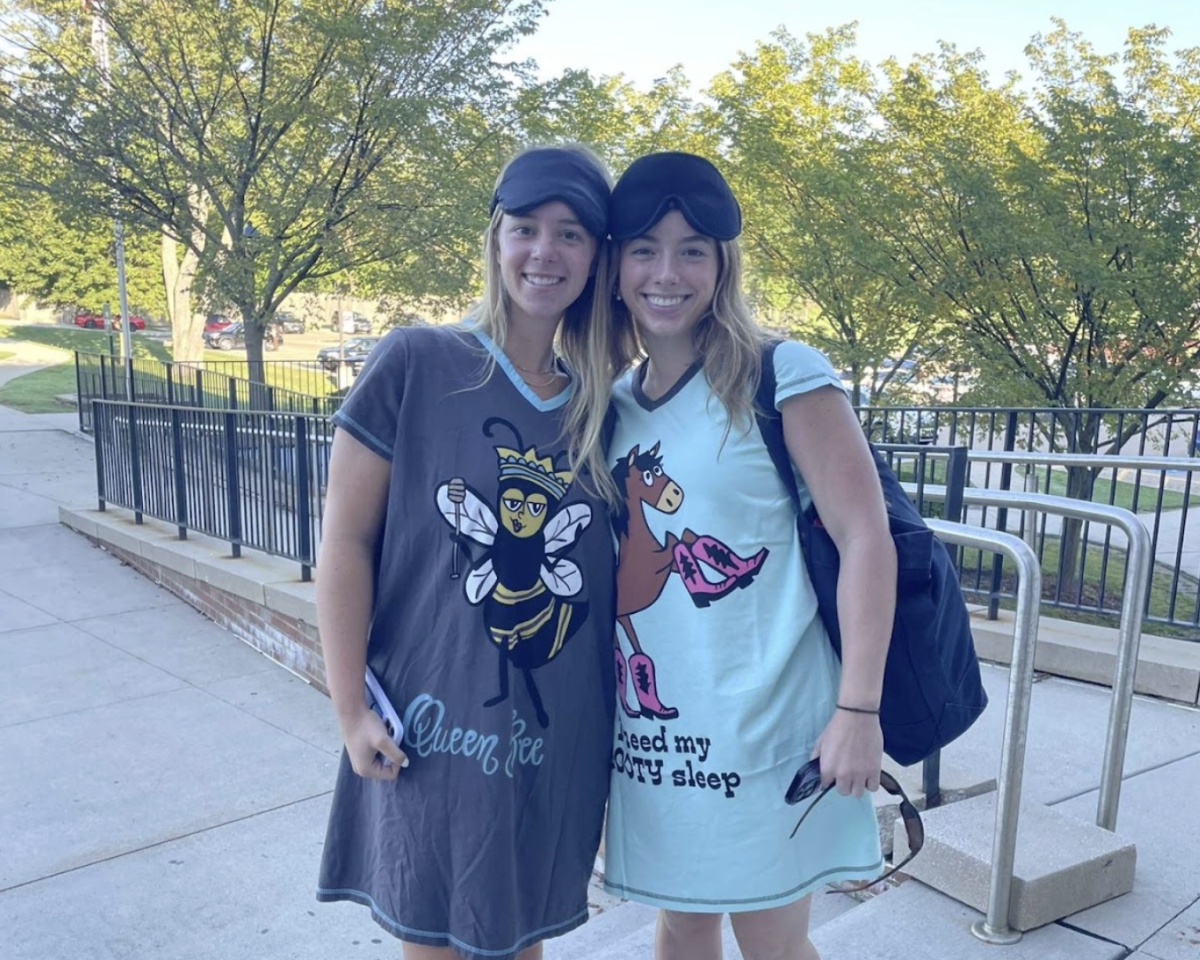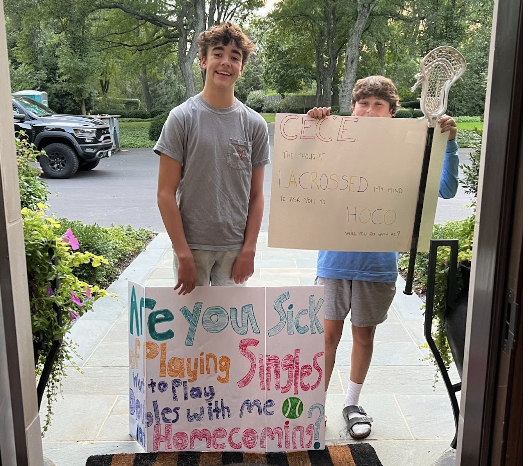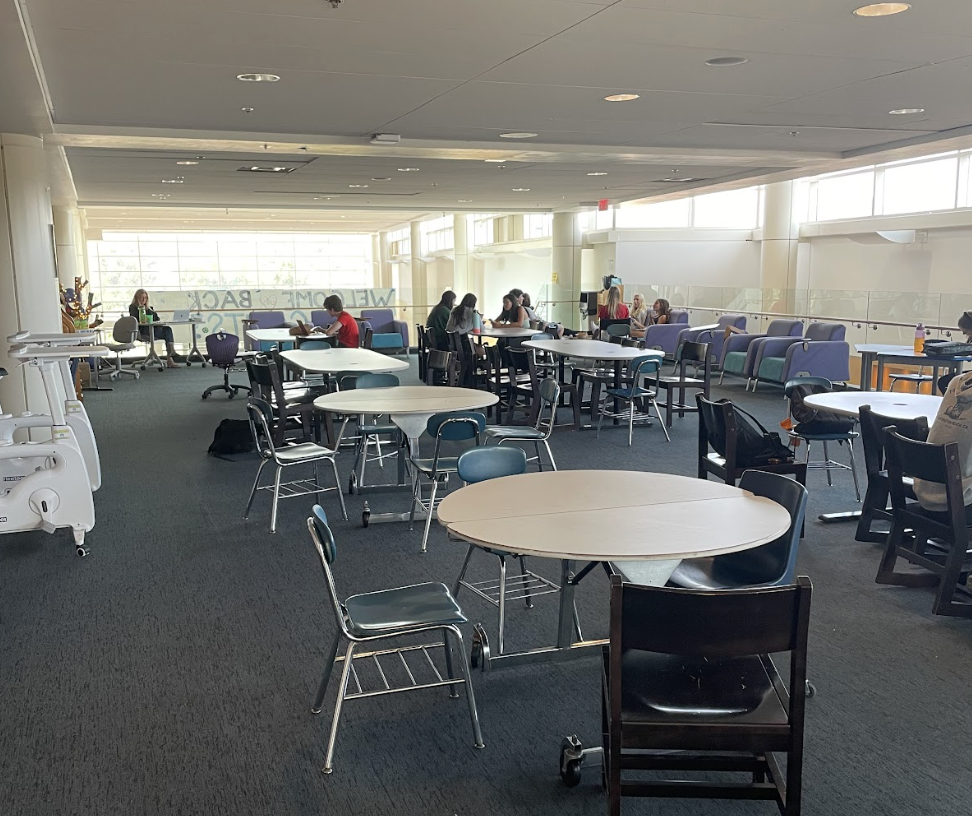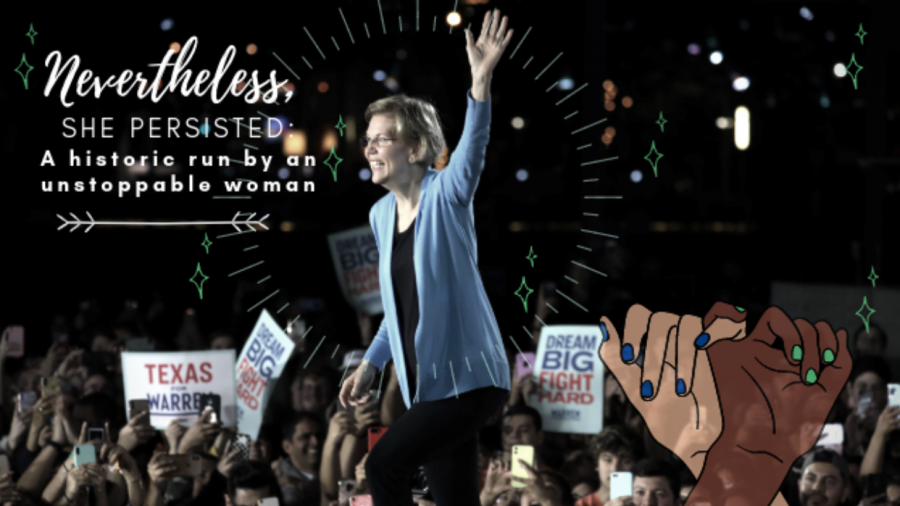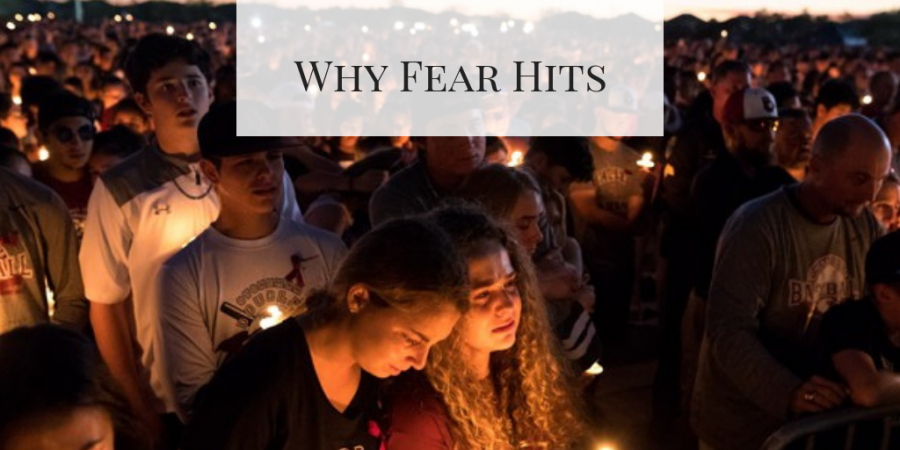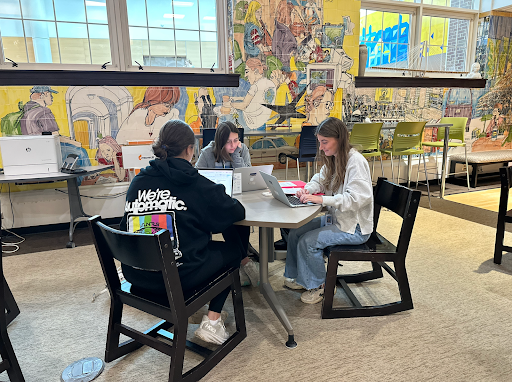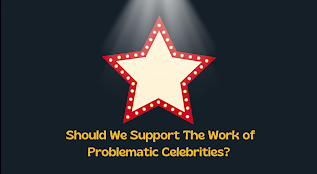Summer is a time for relaxing and taking time to enjoy the things you love. For many Scouts this past summer, that involved going to concerts. Each summer, music festivals such as Lollapalooza, Summer Smash and Windy City Smokeout are attended by Lake Forest students, allowing them to jam out to their favorite artists at some of the biggest festivals.
But rarely do these experiences go completely smooth with many people having to face issues with the behaviors of other audience members. It is impossible to ensure that every audience member at a concert is courteous, but a lack of concert etiquette can be dangerous. Concerts and music festivals this summer are bringing to question the extent to which the artist and their team is responsible for upholding concert etiquette of audience members as a way to ensure the safety of attendees.
Sophomore Clair Kaiser attended Chappell Roan’s performance at day one of Lollapalooza, the performance breaking previous attendance records for the festival. While in the crowd, she found herself unable to move due to limited space and rude manners.
“If it’s one person who’s cutting in front of me, it’s fine,” said Kaiser. “But if your entire friend group of twenty people is cutting in front of me— move away from me.” Kaiser believes it is the artist’s team’s responsibility to ensure safety but they can only do so much for the attendee experience.
“Not everyone’s going to have a perfect view, but just be respectful. And the artist’s team should help other people be respectful as well,” said Kaiser.
In contrast, some students believe certain inconveniences involving the actions of those around them is not necessarily the responsibility of the artist’s team or the venue, especially at festivals.

“It was a country music festival, so there were drunk people all over the place. Also, I had a drink spilled on me once which was annoying, but it’s also part of [the experience],” said Junior Molly Thomas who attended Windy City Smokeout in July. “With a festival like that, since it’s a big crowd, it would be tough to control that. If we were inside the United Center, and people had their seats, I would have put more responsibility on, or expected more from, the venue to mitigate everything,” said Thomas.
Some found instances where the artist’s team worked to reduce conflicts that arose during a concert. Senior Cassidy Gorham was attending a Niall Horan concert this July at an outdoor venue when it unexpectedly started to rain, drenching those with unsheltered, cheaper lawn seats. In order to help those in the rain, venue staff handed out free rain jackets to audience members in those sections, with Niall Horan himself pausing the show.
“It’s good that his production group did that instead of just ignoring the fact and letting everyone just sit there and ruin their outfits,” said Gorham. Although this instance was not related to etiquette, it does demonstrate the ability of the artist’s team and the venue to potentially reduce problems regarding audience experience.
Although many inconveniences at a concert are uncontrollable and bound to happen, many people believe the artist’s team and the venues can be improving things like crowd control and viewer accessibility to better concert experiences.

